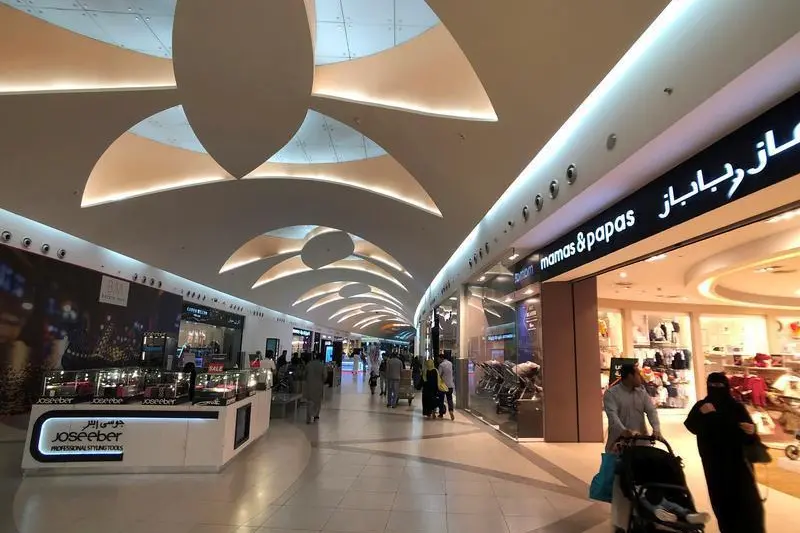PHOTO
RIYADH: Eco-friendly Saudi shoppers with an eye for a bargain are turning to thrift stores in droves as a way to save money and also help the environment.
Although common in the West, thrift shopping is relatively new to the Kingdom, but the concept of reselling unwanted secondhand clothes and household items for a fraction of their original price is quickly gathering pace in the country.
The shops were fashionable during the 1960s and particularly the 1980s and typically raise money for charities and nonprofit organizations by accepting donations such as clothing, furniture, toys, home decor, books, and electrical goods.
And in Saudi Arabia, the idea of thrifting has recently been spreading rapidly online among the country’s social media savvy generation.
Faris Al-Manea set up his virtual Monochrome thrift shop after noticing the number of people on social networks trying to get their hands on items no longer produced or old styles of clothing.
The 22-year-old told Arab News: “I’ve been interested in the idea of thrifting and thrift shops for a long time because it really does give everyone an opportunity to acquire items at prices that are more affordable.
“We as a community consider it taboo to own or buy secondhand items whether it is clothes or daily household items. I started out hoping that maybe bit by bit I could change that mentality. It’s a very outdated concept with no real logical basis. Why would you go out and buy a SR600 ($160) hoodie when you could buy the same one in almost perfect condition for SR100?”
World Thrift Day is held annually on Oct. 30 and promotes savings and financial security for individuals and nations.
There are many benefits to thrifting such as supporting cashless society, recycling and upcycling clothes, repurposing old books and developing a reading culture, and reducing waste.
Al-Manea’s shop features items such as clothing and books along with vinyl records, old video games, and collectible anime figurines.
He said: “When I started out, I had to research a lot of the items to make sure I was offering a
price that was 50 percent or less than the original price.
“I still do some research, but I’d say 80 percent of the time I know how much to price items at so that buyers will be happy, which is usually 50 to 75 percent cheaper than the original price.”
In September, due to the number of books his shop was taking in, Al-Manea decided to establish a separate store dedicated to secondhand books.
Other online thrift shops include @thrifty_jeddah, and @desertthrifting.sa, both of which offer secondhand clothes.
Shopping secondhand can play a role in boosting community development with money usually used to help local charities and businesses, while people dressing smarter and greener is seen as a way of changing trends toward more thoughtful consumption.
Copyright: Arab News © 2021 All rights reserved. Provided by SyndiGate Media Inc. (Syndigate.info).





















